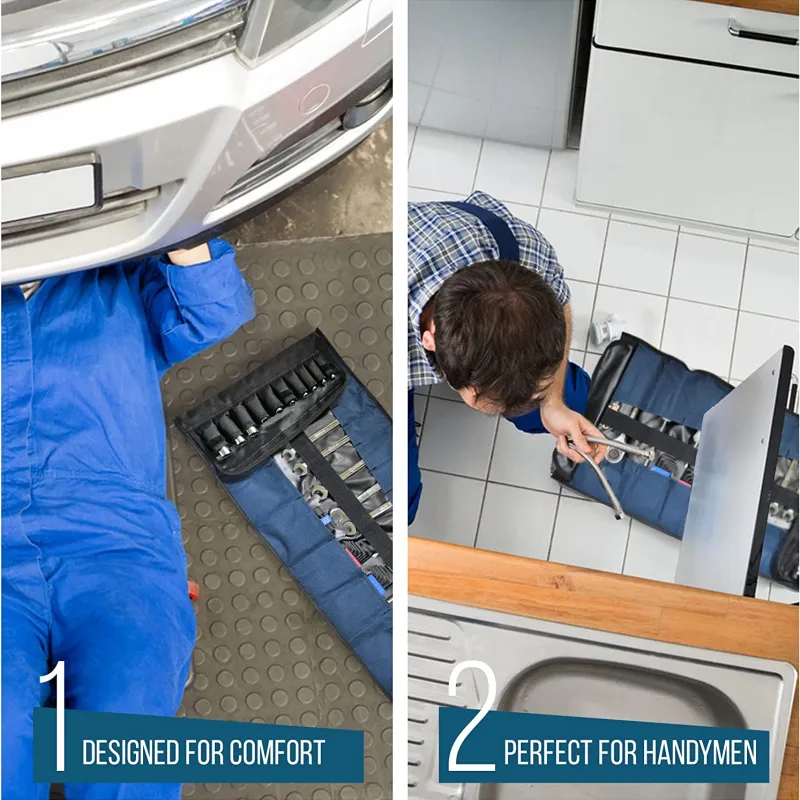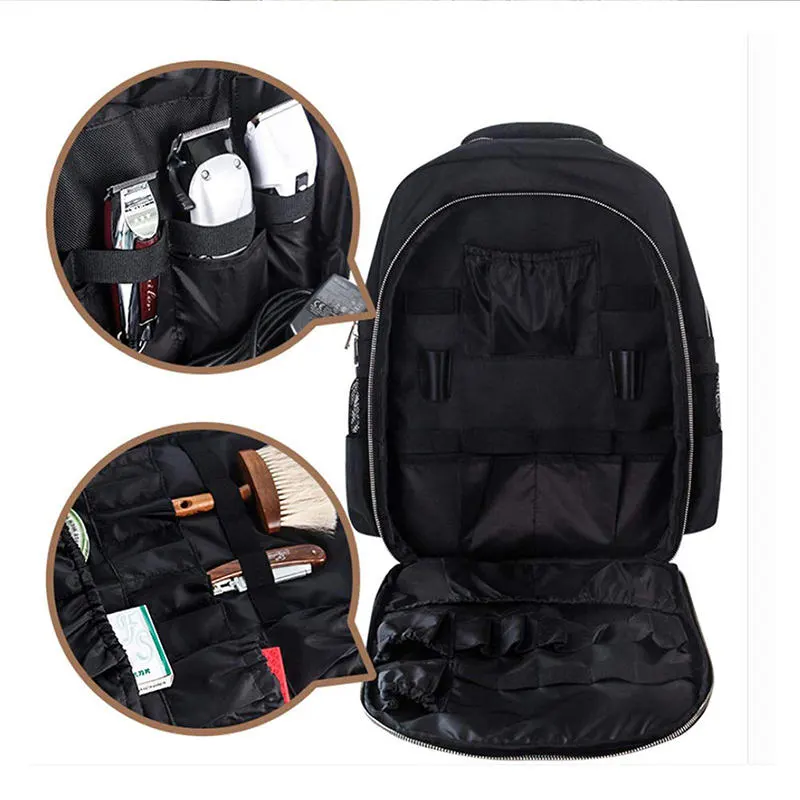Markttrendanalyse: het evoluerende landschap van de toolkit
The tool kit market has experienced significant growth and transformation in recent years. With ever-increasing demand for DIY projects, home improvement, and the professional industry, tool kits have become a great asset for individuals and businesses. In this market trend analysis, we explore the evolving landscape of toolkits, examining the key factors shaping the industry and driving innovation.
Increasing focus on user-friendly design:
A notable trend in the tool bag market is the emphasis on user-friendly designs. Manufacturers are investing in ergonomic handles, intuitive controls, and lightweight materials to improve user comfort and reduce fatigue during prolonged use. Improved grip design and vibration reduction technology are also being implemented to optimize user experience and productivity.
Technology Integration:

As technology continues to permeate every industry, tool kits are no exception. Integrating technology into the toolkit has received attention with the aim of increasing efficiency and accuracy. Smart tools equipped with Bluetooth connectivity, sensors and mobile apps are becoming more common, allowing users to monitor performance, track measurements and receive real-time guidance for precise results.
The rise of cordless power tools:
Cordless power tools have seen significant growth and are reshaping the tool kit market. Advances in lithium-ion battery technology have increased power and increased run time, making cordless tools a viable alternative to corded tools. The convenience and portability offered by cordless tools appeal to professionals and DIY enthusiasts alike, driving their popularity and market demand.
Sustainable and environmentally friendly solutions:
Environmental awareness is impacting the tool kit market, driving manufacturers to adopt more sustainable practices. There is an increasing focus on developing tools with environmentally friendly materials, reducing energy consumption and implementing efficient manufacturing processes. Additionally, manufacturers are exploring ways to incorporate recycling programs and reduce the environmental impact of kits throughout their lifecycle.

Custom and Modular Systems:
Consumers are looking for greater flexibility and customization options in tool kits. Modular tool systems that allow users to mix and match components according to their specific needs are gaining popularity. This trend enables individuals to create personalized toolkits that fit their projects, eliminating the need for multiple individual tools and reducing confusion.
Growing demand for professional tool kits:
As the industry diversifies and niche markets emerge, the demand for professional tool kits continues to increase. These kits are designed for specific trades such as electrical work, plumbing, carpentry, auto repair and gardening. Manufacturers are responding to this need by developing comprehensive toolkits tailored to the unique requirements of these specialty areas, offering convenience and efficiency to professionals.
The tool kit market is undergoing a dynamic transformation driven by changing consumer demands, technological advancements, and sustainability considerations. The rise of user-friendly designs, technology integration, cordless power tools, customization options, and dominance of online retailing is reshaping the industry. Additionally, sustainable practices and the need for professional toolkits are influencing product development and market strategies. Keeping up with these trends and understanding consumer preferences will allow manufacturers and retailers to adapt their products effectively and thrive in the ever-evolving toolkit environment.
